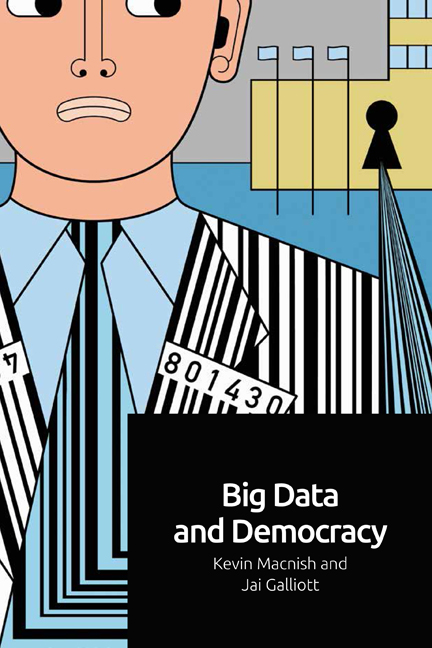Fifteen - Developing an Ethical Compass for Big Data
Published online by Cambridge University Press: 17 October 2020
Summary
Introduction
The Internet and information and communication technologies (ICTs) have become an inseparable part of our everyday lives. Millions of Europeans make use of ICT products and services on a daily basis for carrying out various activities. The uptake of ICT in the last few decades has enabled the generation and aggregation of vast amounts of data sets, also known as big data. There are numerous attempts in the literature to define big data. For instance, one common framework defines big data as consisting of three dimensions: volume, velocity and variety. Volume stands for the huge amount of data generated and collected through these technologies. Velocity relates to the increasing speed at which data are generated and processed, which is also expected to further accelerate. Variety encompasses the various types of generated data, including unstructured, semi-structured and structured data (Lee 2017: 294). In order to derive the greatest value of big data, a whole range of processes is needed that go under the name of big data analytics. Big data analytics enables the analysis of these large data sets with the aim of uncovering patterns, correlations, trends and to create knowledge that can be used in a variety of ways, such as making policy or business decisions.
Big data means big opportunities for multiple actors such as businesses, the research community, governments and consumers/users of ICT. However, it also comes with considerable high risks of misuse and a decrease of trust in ICT. These data can be used to influence and manipulate democratic decisions and steer consumer behaviour. In the light of the increased generation, collection and use of big data, as well as the opportunities and perils that go along with it, there is a strong need to establish an ethical framework that can guide decision-making about big data. The aim of such a framework would be to set the direction towards responsible and democratic employment of big data. In the following, we will start to develop such an ethical compass for big data by identifying core values, looking for potential value conflicts, and developing a set of ethical criteria and indicators for the evaluation of the morally permissible use of big data.
- Type
- Chapter
- Information
- Big Data and Democracy , pp. 231 - 246Publisher: Edinburgh University PressPrint publication year: 2020



